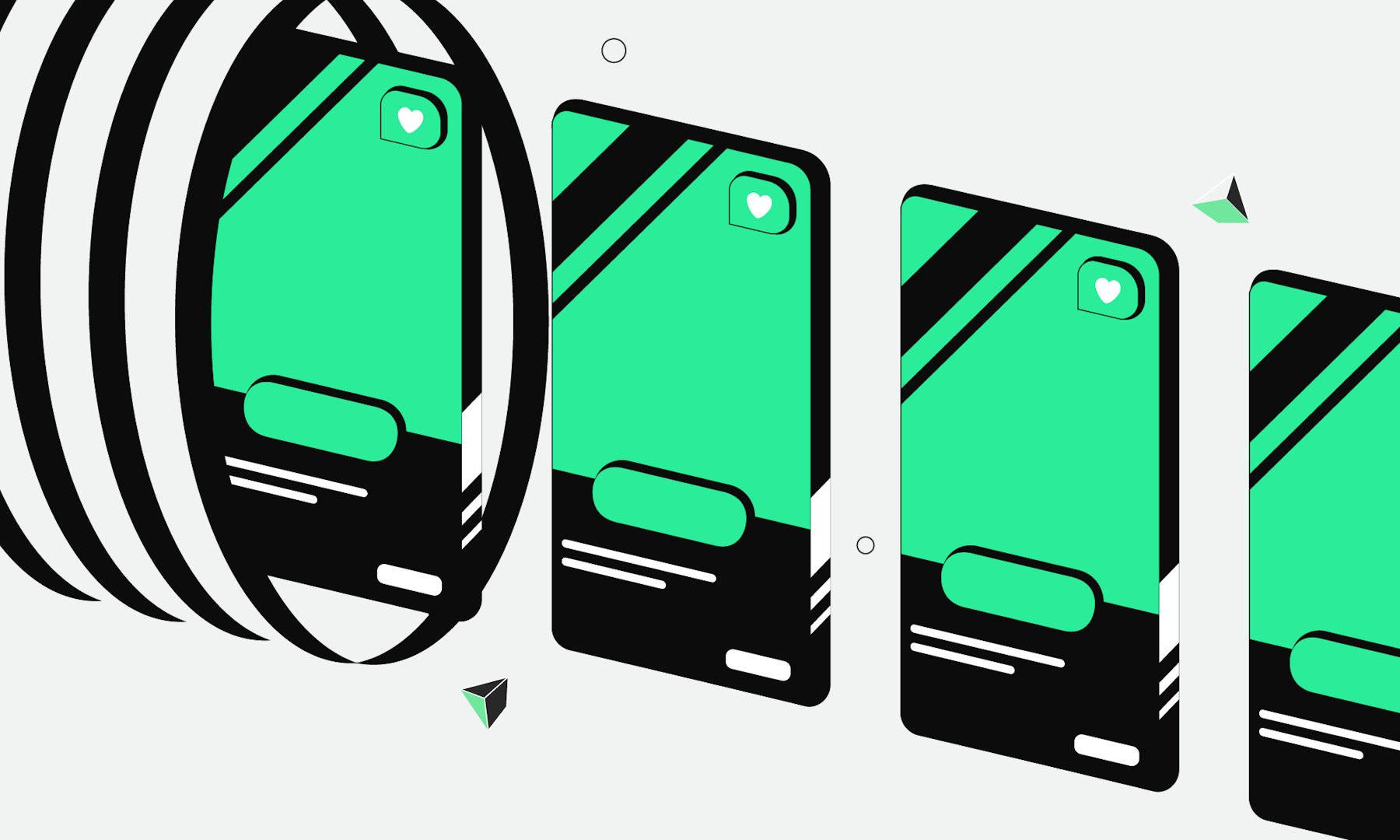Choosing an NFT marketplace
Selecting the right marketplace depends on the type of NFTs you want to trade, the associated fees, and the community you wish to join. Some platforms are particularly beneficial for artists, while others offer better features for collectors.
Minting NFTs
Most marketplaces provide tools for users to create their own NFTs (known as “minting”). This process involves uploading digital files to the platform and setting parameters such as royalty fees for future sales.
Copyright and royalties
NFT marketplaces enable creators to receive a percentage of every resale of their work automatically through smart contracts. This model not only offers a new revenue stream but also promotes the creation of original digital content.
Conclusion
NFT marketplaces provide a platform for buying and selling digital assets while fostering creativity and offering financial incentives for creating and trading NFTs. As an individual, you can participate in this innovative digital economy worldwide, both as a buyer and seller. NFTs are fundamentally transforming the way we think about ownership and value in the digital age.
In the long term, this could disrupt established markets for digital and physical goods and lead to significant changes in how copyright and ownership are handled in the internet era.
Frequently Asked Questions (FAQ) About NFT marketplaces
What is an NFT?
An NFT, or "non-fungible token," is a digital asset that represents uniqueness and ownership on a blockchain. Unlike cryptocurrencies like Bitcoin, which are interchangeable, each NFT is one of a kind.
How do you create an NFT?
Creating an NFT, known as "minting," involves registering a digital item on a blockchain. This process secures ownership and copyright for the creator. Minting is usually done on platforms compatible with blockchains like Ethereum.
How are NFT marketplaces different from traditional digital marketplaces?
NFT marketplaces focus on trading unique, non-replicable assets secured by blockchain technology. Unlike traditional marketplaces, which often deal in bulk items, NFTs are often limited-edition or one-of-a-kind, which can drive their value.
What types of NFTs are there?
NFTs come in many forms, including Digital Art, Music, Videos, Collectibles or Virtual Real Estate. Each type has its own unique attributes and value.
How do auctions work on NFT marketplaces?
Many NFT marketplaces use auction systems where buyers bid on NFTs. These can be time-limited auctions, where the highest bidder wins when the timer ends, or open auctions, where sellers accept bids before deciding to sell.
What payment methods are accepted on NFT marketplaces?
Most platforms accept cryptocurrencies like Ethereum since many NFTs are based on the Ethereum blockchain. Some marketplaces also accept traditional payment methods, such as credit cards or PayPal, to attract a wider audience.
How can you verify the authenticity of an NFT?
The authenticity of an NFT can be verified by checking its transaction history and smart contract on the blockchain. Trusted marketplaces provide detailed information about each NFT, including its origin and ownership record.
Can you buy and sell NFTs on different blockchain platforms?
Yes, while many NFTs are based on Ethereum, other blockchains like Binance Smart Chain, Flow by Dapper Labs, and Tezos also support NFT transactions. Some marketplaces specialize in a single blockchain, while others operate across multiple chains.
How secure are NFT marketplaces?
The security of an NFT marketplace depends on its infrastructure and the blockchain it uses. Look for platforms with strong security protocols and good reviews from their communities to minimize risk.
Are there risks to buying NFTs?
Like any investment, NFTs come with risks. These include market volatility, liquidity challenges, and potential technological vulnerabilities. Additionally, the value of some NFTs is closely tied to trends and market demand, which can result in sudden and unpredictable price changes.
